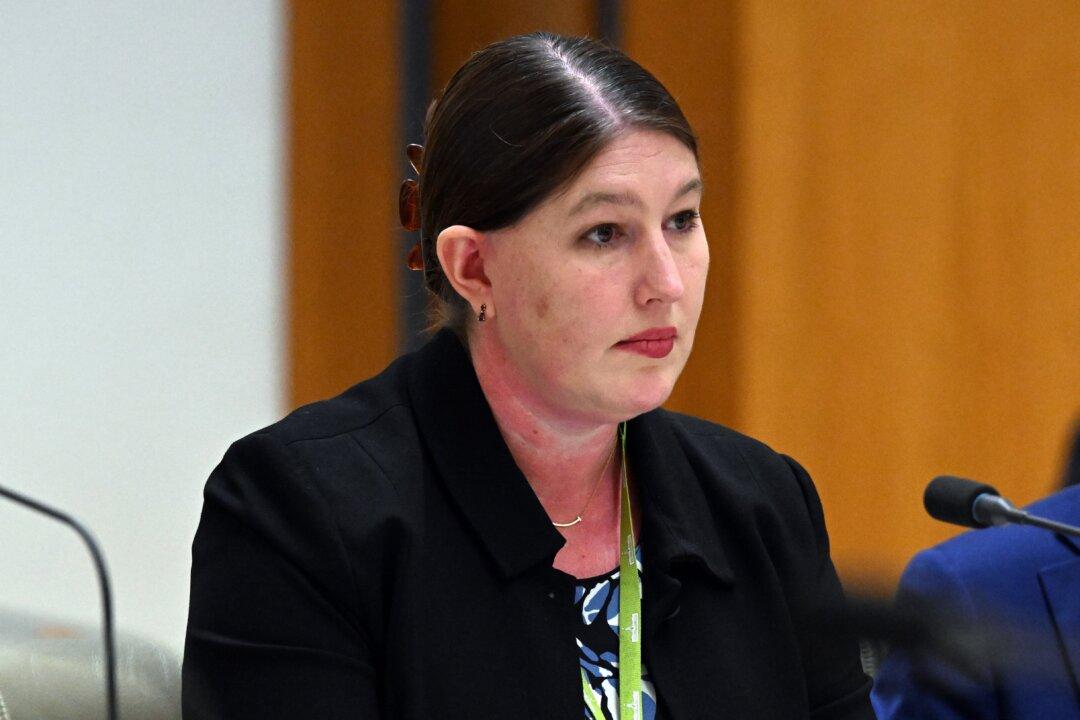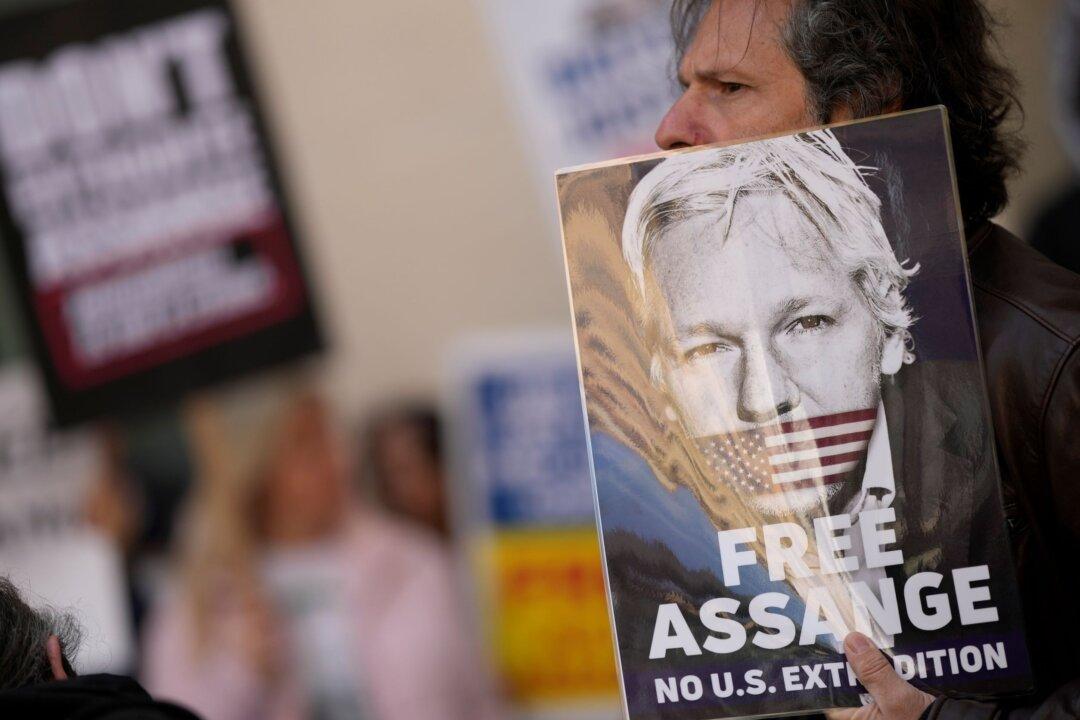The Human Rights Commission (HRC) has said it is concerned about the government’s new proposed Communications Legislation Amendment (Combating Misinformation and Disinformation) Bill arguing it walks a thin line between safety and freedom.
In a submission to the Dept. of Infrastructure, Transport, Regional Development and the Arts on Aug. 23, the HRC said it was concerned about whether a proposed bill violates fundamental human rights.




